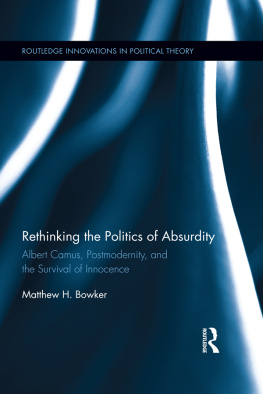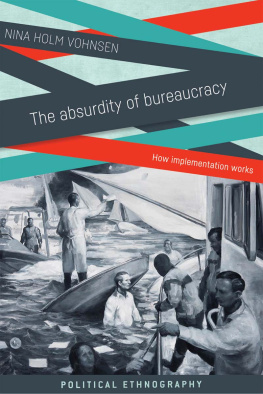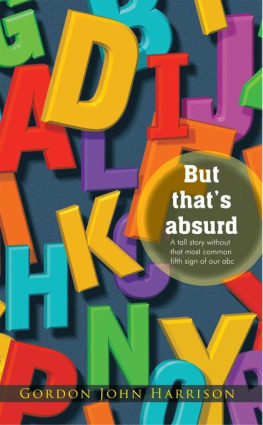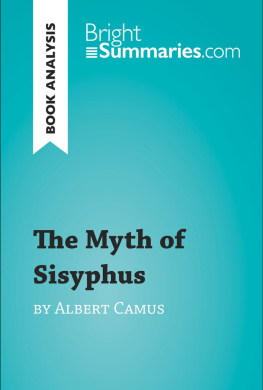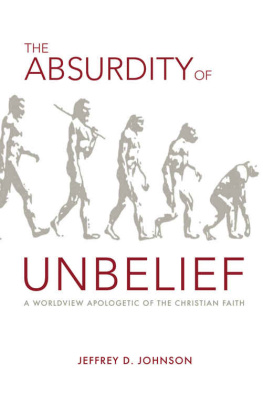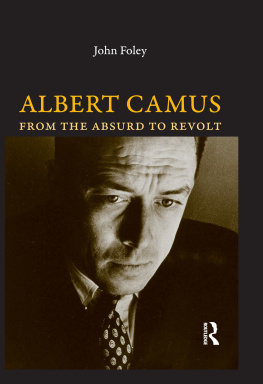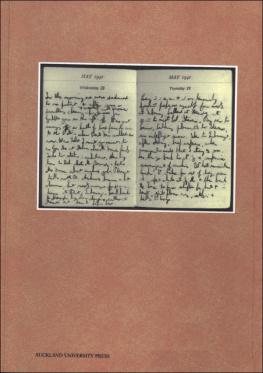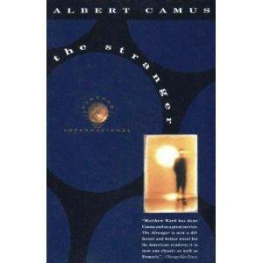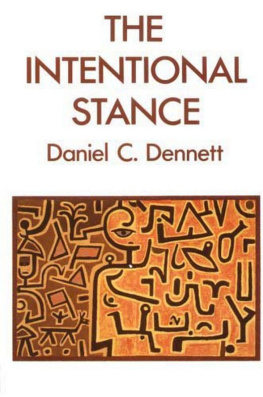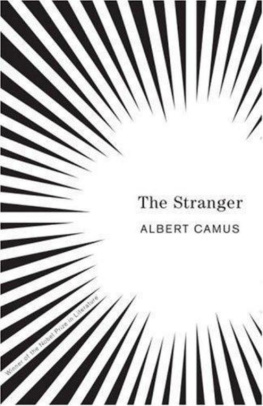Bowker rescues absurdity from literary and philosophical neglect, showing how it affects the work of diverse authors such as Dylan Thomas, Judith Butler, Giorgio Agamben, and Emmanuel Levinas, not to mention a television show about zombies. Absurdity, he argues, is a protest and defense against the meaningful experience of loss. Especially valuable is Bowkers playing off the literature of absurdity with his own qualitative research on the topic. The book is a dazzling display of erudition by an intellectual who has his feet on the ground, a rare combination of virtues.
C. Fred Alford, University of Maryland, College Park
Matthew Bowker has written a welcome exploration and critique of the treatment of subjectivity in contemporary literature. Especially notable is Bowkers treatment of grief and the insistence on the part of some authors that acceptance of loss is neither possible nor desirable. In developing his ideas, Bowker poses and suggests answers to a number of genuinely important questions including whether what he refers to as the absurd experience offers freedom from illusion or instead a regressive and melancholy illusion about the value of perpetual grief whose goal is to incapacitate subjects so that all may share the same absurd fate. This is an engaging book filled with sharp insights into matters of importance. It offers a much needed counterpoint to the celebration of suffering that is so much a part of our intellectual and political landscape.
David Levine, University of Denver
Rethinking the Politics of Absurdity
What does it mean to describe something or someone as absurd? Why did absurd philosophy and literature become so popular amid the violent conflicts and terrors of the mid- to late-twentieth century? Is it possible to understand absurdity not as a feature of events, but as a psychological posture or stance? If so, what are the objectives, dynamics, and repercussions of the absurd stance? And in what ways has the absurd stance continued to shape postmodern thought and contemporary culture?
In Rethinking the Politics of Absurdity, Matthew H. Bowker offers a surprising account of absurdity as a widespread endeavor to make parts of our experience meaningless. In the past century, he argues, fears about subjects destructive desires have combined with fears about rationality in a way that has made the absurd stance seem attractive. Drawing upon diverse sources from philosophy, literature, politics, psychoanalysis, theology, and contemporary culture, Bowker identifies the absurd effort to make aspects of our histories, our selves, and our public projects meaningless with postmodern revolts against reason and subjectivity. Weaving together analyses of the work of Albert Camus, Georges Bataille, Judith Butler, Emmanuel Levinas, and others with interview data and popular narratives of apocalypse and survival, Bowker shows that the absurd stance and the postmodern revolt invite a kind of bargain, in which meaning is sacrificed in exchange for the survival of innocence. Bowker asks us to consider that the very premise of this bargain is false: that ethical subjects and healthy communities cannot be created in absurdity. Instead, we must make meaningful even the most shocking losses, terrors, and destructive powers with which we live.
Bowkers book will be of interest to scholars and practitioners in the fields of political science, philosophy, literature, psychoanalysis, sociology, and cultural studies.
Matthew H. Bowker is Visiting Assistant Professor of Interdisciplinary Studies at Medaille College. Educated at Columbia University (B.A., Political Science) and the University of Maryland, College Park (M.A., Ph.D., Political Science), his work combines political philosophy, literary theory, and psychoanalysis to examine the psychopolitical dynamics of modern and postmodern life. He is the author of numerous scholarly articles, chapters, monographs, and Albert Camus and the Political Philosophy of the Absurd: Ambivalence, Resistance, and Creativity (Lexington).
Routledge Innovations in Political Theory
For a full list of titles in this series, please visit www.routledge.com
23 Sexual Justice / Cultural Justice
Critical perspectives in political theory and practice
Edited by Barbara Arneil, Monique Deveaux, Rita Dhamoon and Avigail Eisenberg
24 The International Political Thought of Carl Schmitt
Terror, Liberal War and the Crisis of Global Order
Edited by Louiza Odysseos and Fabio Petito
25 In Defense of Human Rights
A non-religious grounding in a pluralistic world
Ari Kohen
26 Logics of Critical Explanation in Social and Political Theory
Jason Glynos and David Howarth
27 Political Constructivism
Peri Roberts
28 The New Politics of Masculinity
Men, Power and Resistance
Fidelma Ashe
29 Citizens and the State
Attitudes in Western Europe and East and Southeast Asia
Takashi Inoguchi and Jean Blondel
30 Political Language and Metaphor
Interpreting and changing the world
Edited by Terrell Carver and Jernej Pikalo
31 Political Pluralism and the State
Beyond sovereignty
Marcel Wissenburg
32 Political Evil in a Global Age
Hannah Arendt and international theory
Patrick Hayden
33 Gramsci and Global Politics
Hegemony and resistance
Mark McNally and John Schwarzmantel
34 Democracy and Pluralism
The political thought of William E. Connolly
Edited by Alan Finlayson
35 Multiculturalism and Moral Conflict
Edited by Maria Dimova-Cookson and Peter Stirk
36 John Stuart MillThought and Influence
The saint of rationalism
Edited by Georgios Varouxakis and Paul Kelly
37 Rethinking Gramsci
Edited by Marcus E. Green
38 Autonomy and Identity
The politics of who we are
Ros Hague
39 Dialectics and Contemporary Politics
Critique and Transformation from Hegel through Post-Marxism
John Grant
40 Liberal Democracy as the End of History
Fukuyama and Postmodern Challenges
Chris Hughes
41 Deleuze and World Politics
Alter-globalizations and nomad science
Peter Lenco
42 Utopian Politics
Citizenship and Practice
Rhiannon Firth
43 Kant and International Relations Theory
Cosmopolitan Community Building
Dora Ion
44 Ethnic Diversity and the Nation State
National Cultural Autonomy Revisited
David J. Smith and John Hiden
45 Tensions of Modernity
Las Casas and His Legacy in the French Enlightenment
Daniel R. Brunstetter
46 Honor
A Phenomenology
Robert L. Oprisko
47 Critical Theory and Democracy
Essays in Honour of Andrew Arato
Edited by Enrique Peruzzotti and Martin Plot
48 Sophocles and the Politics of Tragedy
Cities and Transcendence
Jonathan N. Badger
49 Isaiah Berlin and the Politics of Freedom
Two Concepts of Liberty 50 Years Later
Edited by Bruce Baum and Robert Nichols
50 Popular Sovereignty in the West
Polities, contention, and ideas
Genevive Nootens
51 Plinys Defense of Empire
Thomas R. Laehn
52 Class, States and International Relations
A critical appraisal of Robert Cox and neo-Gramscian theory
Adrian Budd

